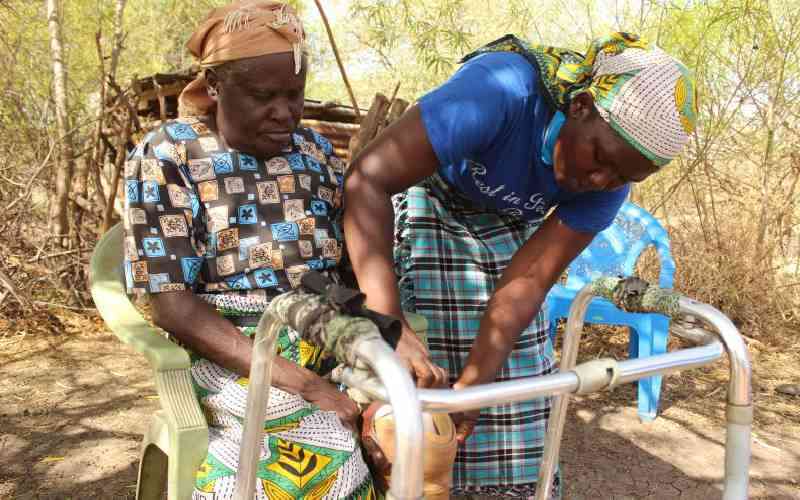×
The Standard e-Paper
Stay Informed, Even Offline

Most hospitals in rural Kenya are in the Intensive Care Unit (ICU). This reality hit home last week when my wife Susan and I drove my mother to the amenity facility of Kitui County Referral Hospital for urgent attention.
To our shock, the doctor gave us a tiny, reused piece of paper with four handwritten words "3 Copies lab request". In short, the hospital was directing us to a nearby bureau to purchase treatment application forms before they could attend to us.